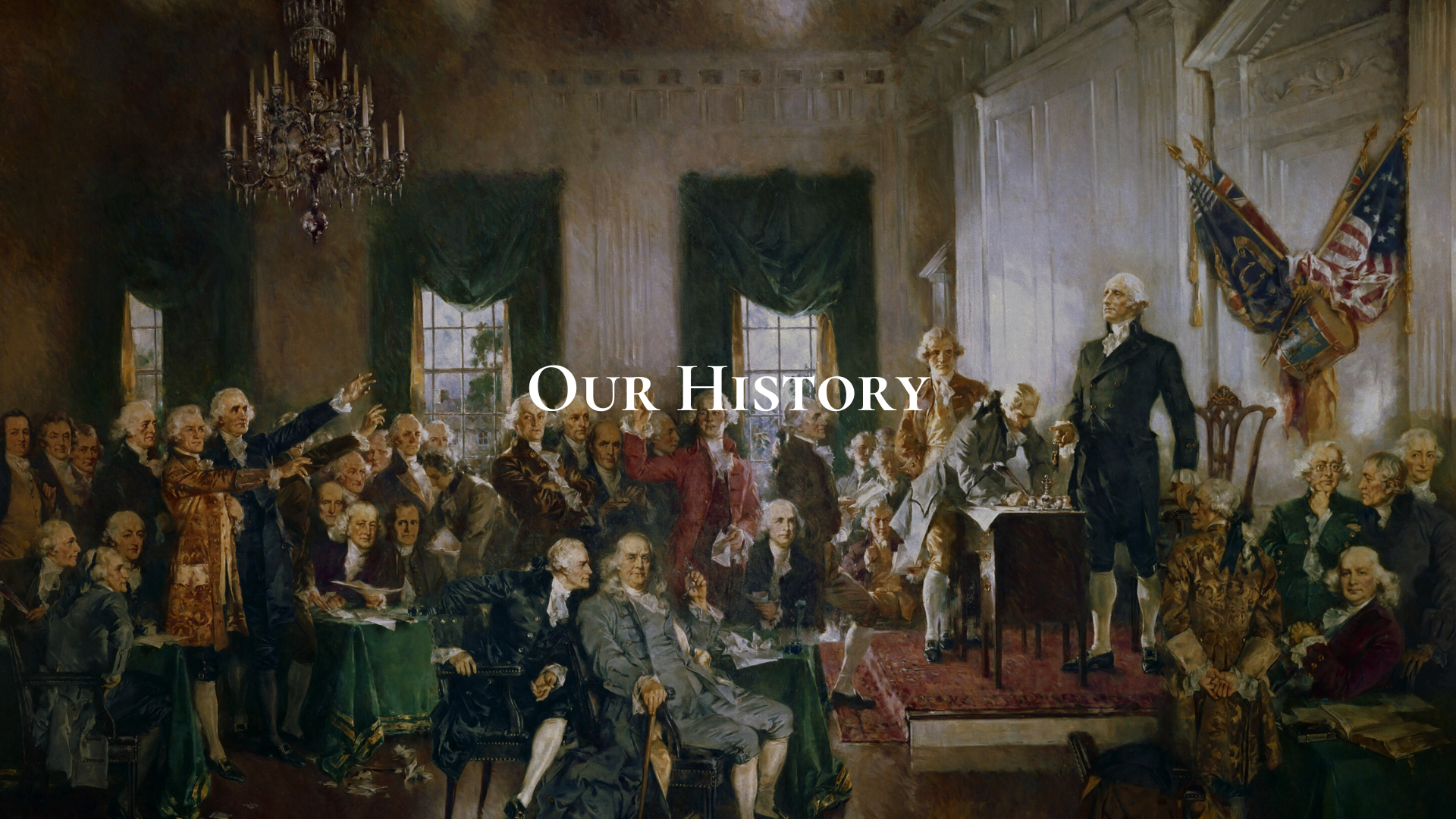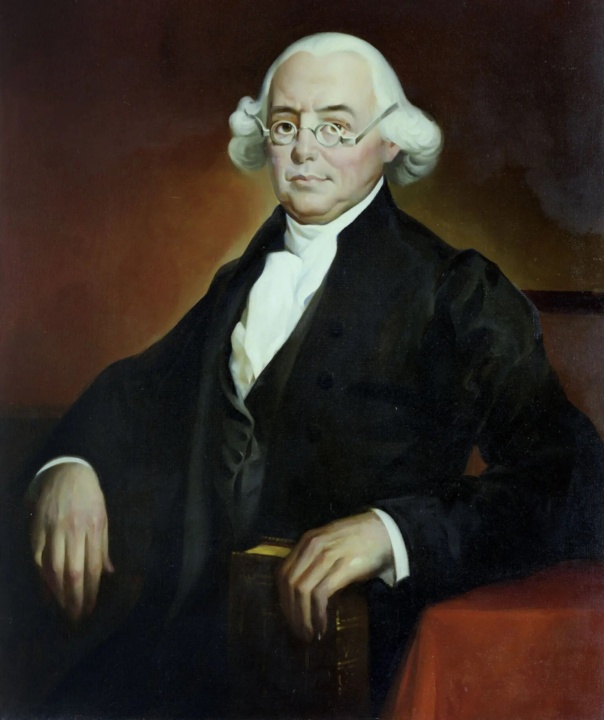×
Search

The James Wilson Institute was founded in 2000 as The Foundation for Classical Studies in Statecraft and Jurisprudence. It began as a project of recovery and preservation at Amherst College. With an edge of growing urgency, Prof. Hadley Arkes, his former students, and other alumni of Amherst collaborated to build this project for the students and alumni of Amherst. But the sense took hold among Professor Arkes’s former students that this teaching they knew at Amherst should be taken to a larger audience in the country. And so, after nearly 50 years at Amherst, the Professor phased out of his academic chair and launched this new project with the backing of his most devoted students, who would help form the Board of this new organization, in Washington in 2013. Thus the James Wilson Institute was born.
Who is James Wilson?
James Wilson (1742-98), an émigré from Scotland, became one of the premier minds and leading figures of the American Founding. He would settle eventually in Philadelphia, but he brought with him an education shaped at the Universities of St. Andrews, Glasgow, and Edinburgh. Steeped in the commonsense philosophy of one of the most luminous teachers of the time, Thomas Reid, Wilson brought part of the Scottish Enlightenment to America. He played a critical part throughout the deliberations in Philadelphia that brought forth the Constitution; indeed, he was one of the few men who signed both the Declaration of Independence and the Constitution. He would go on to become a central figure in the Ratifying Convention in Pennsylvania, and he would be appointed by George Washington to the first Supreme Court. While Wilson was on the Court he delivered an elegant series of lectures on jurisprudence at the University of Pennsylvania, lectures drawing on sources ancient and modern. Those lectures gave us an account of the American law, and the American Founding, that take us to the philosophic and moral roots of jurisprudence. Threads of that teaching have run through the writings of Hadley Arkes and other scholars who will be involved in the ongoing work of the James Wilson Institute. Among Wilson’s contemporaries, Alexander Hamilton and John Marshall shared with him that capacity to trace their judgments back to those deep axioms or principles of law—the principles that were there before the Constitution; the principles that would be necessary to any “regime of law.”
Wilson famously said that the purpose of this new Constitution was not to invent new rights but to secure and enlarge those rights we already had by nature. The doctrines of natural law could not be separated from the work of Wilson and the American founders as they shaped a new regime and, later, a Constitution. That regime suffered its severest test during our crisis of "the house divided," and it required nothing less than the art of Lincoln to restate those teachings of natural right in a manner even more compelling. The teachings of Wilson, Hamilton, Marshall, and Lincoln are still there to be read and taught anew.
Further reading

×
